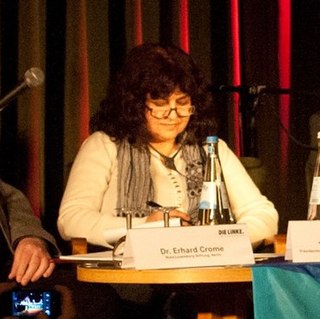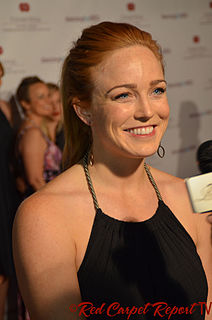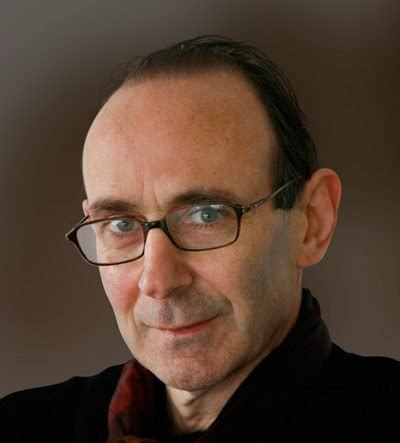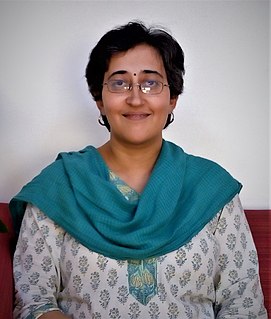A Quote by Sean Baker
It feels dangerous when people say, 'Oh, Sean Baker focuses on marginalised people.' And offensive. As if I'm standing there with my planner thinking, 'OK, where's the next marginalised group I can make a movie about?'
Related Quotes
Even as a fan, as someone who's into his performances, the Stooges and his own stuff, Iggy [Pop] is one of the people who kept underlining something that a lot of my older musician friends with punk roots say: you get into this space in your life where you feel like a weirdo, you're marginalised, you don't fit in... and then you can get up on stage in front of people who probably hate you.
Any time you make an analogy to horrific people in history, Mussolini or Hitler, people say, 'Oh, you're exaggerating, you're talking about, it's hyperbole.' Maybe it is. ... But I would say is that if you are not concerned that democracy could produce bad people, I don't think you're really thinking this through too much.
People always say, "What do you want to do next, what kind of movie do you want to do next?" And I say, "I wanna do whatever script that is the best one that comes my way." I certainly would never say, "Oh, I'm gonna do a Western next," and sit around waitin' for a Western to come along when there's some other genre's brilliant script sitting right there.
Crocker's Rules didn't give you the right to say anything offensive, but other people could say potentially offensive things to you, and it was your responsibility not to be offended. This was surprisingly hard to explain to people; many people would read the careful explanation and hear, "Crocker's Rules mean you can say offensive things to other people."





































